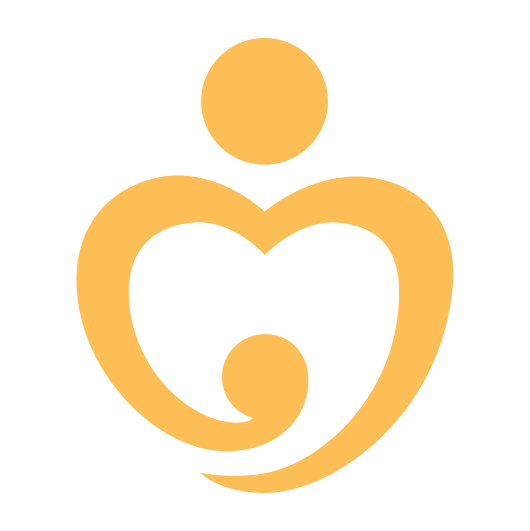
$1.7 million COVID-19 contribution Delivered
On 31 May 2021, Hon. Minister, Mr. Hridayesh Tripathi of the Ministry of Health and Population thanked One Heart Worldwide and Direct Relief for providing US$ 1.7 million worth of emergency supplies to help in government efforts to help save lives in Nepal infected by COVID-19.
Response to Date & OHW’s Role
Since the beginning of the COVID-19 pandemic in 2020, OHW has served on Nepal’s Ministry of Health & Population (MoHP)’s task force for emergency preparedness. OHW has played a key role in ensuring the prioritization of Maternal and Newborn Health (MNH) in the national COVID-19 response ensuring that, despite the pandemic, women and newborns in our program districts continued to safely access the care they needed for pregnancy, childbirth, and the postpartum period. OHW successfully adapted our model last year and laid foundations to further digitize program activities. One consequence of the pandemic’s burden on the health system is a sharp increase in the number of unattended home deliveries, which in turn will result in increased rates of complications and mortality as seen worldwide last year. Access to quality MNH care remains the single most important intervention to reduce adverse outcomes for mothers and newborns, and maintaining this focus throughout the current emergency is critical.
OHW must raise $718,000 to respond to high-priority needs for fighting the current surge in the pandemic and protect the vulnerable mothers and newborns we serve from this unprecedented threat to their health and safety.
We have designed a $2.3M response and already secured $1.7M in commitments from DirectRelief & DAK.
We will post any and all updates on this page.
As needs are changing on a day-to-day basis, we will be using all donations to this fund to respond to the changing environment in Nepal and for Nepali health professionals.
Voices from the Field: COVID-19 Response

On May 20th, OHW provided
125 oxygen cylinders to help COVID-19 victims in Nepal.
In response to the request of the Government of Nepal and to ensure the continued safety of rural pregnant women and their newborn infants,
OHW will:
Provide emergency medical equipment and supplies to support the Nepali health system’s response to the pandemic.
Ensure continued access to quality MNH care is maintained in our program districts by using new virtual methods to continue implementation of our life-saving interventions during the pandemic.
Breakdown of OHW COVID Response
> 1. Emergency Medical Equipment and Supplies
To support the GoN’s efforts to minimize COVID-19 casualties, OHW will provide essential medical equipment and supplies for the management of COVID-19 patients to the district level hospitals in our program districts and to the larger referral hospitals handling the most severe cases. Because rural health facilities are often overlooked when resources are scarce, OHW will ensure that all facilities providing essential care to pregnant women and their newborn infants in our program districts have adequate PPE and relevant medical supplies to protect both healthcare providers and their patients from COVID-19 transmission through the end of the year. We will also provide home isolation kits for the most disadvantaged pregnant women/recently delivered mothers who test positive for COVID-19. The kits include basic supplies and information to manage COVID-19 symptoms during home isolation and recognize when to seek further medical care.
Cost: $2,052,160
Committed: $1,541,981
Left to Raise: $510,170
> 2. Continued Access to Quality MNH Care
Over the past year, OHW rapidly adapted our programs to ensure the continuity of essential MNH during the ongoing pandemic. We are continuing to apply the lessons learned and are enacting changes from reducing the size of our in-person training workshops to allow proper safety for our trainees to introducing entirely new virtual solutions. The urgent need for social distancing coupled with tremendous growth in the local telecoms infrastructure in recent years enabled the inception of our telehealth program and MNH helpline. These two new virtual programs reached 23,131 pregnant women and new mothers since OHW launched them in 2020 and we will continue to build on these successes and reach and protect more women and newborns in this next phase of our response.
Our activities to ensure that essential MNH care is maintained despite the pandemic are aimed at three levels: providers, facilities and communities.
Cost: $207,774
Committed: $0
Left to Raise: $207,774
>> 2.1 For rural MNH Providers
OHW’s team of MNH experts in Nepal and the US has designed a virtual support system to provide both technical and moral support to isolated MNH providers in our program districts. This virtual system includes:
- Provision of funding to maintain and expand our MNH helpline and telehealth program;
- Digitized training programs for MNH providers (including virtual versions of pre-existing OHW trainings and new trainings relevant to MNH issues during the pandemic);
- Several moderated virtual peer-support groups for MNH providers via monthly zoom meetings and private social media groups where participants can discuss issues and share solutions;
- The Safe Delivery App (https://www.maternity.dk/safe-delivery-app/) providing all Skilled Birth Attendants (SBAs) with direct and instant access to evidence-based and up-to-date clinical guidelines on Basic Emergency Obstetric and Neonatal Care (BEmONC).
Cost: $99,434
>> 2.2 For Rural Birthing Centers
OHW’s district teams will work with birthing centers’ staff and management committees to ensure that MNH service readiness and the quality of MNH services provided at the rural birthing centers (BCs) are maintained during the pandemic. Activities include:
- Conducting virtual quality of care (QoC) visits for the BCs where the OHW team will walk the BC staff through a self-assessment tool, score the findings, and develop a new action plan for any gaps/issues identified;
- Providing refresher trainings on the GoN interim guidelines for Rural Maternal, Newborn and Child Health (RMNCH) services during COVID-19 pandemic to ensure that BCs’ staff know how to provide safe healthcare services to mothers and newborns during the pandemic;
- Ensuring that lifesaving drugs remain available at the BCs
- Ensuring the availability of appropriate transport to the BC for delivery and to a referral center in case of an emergency.
Cost: $36,850
>> 2.3 For Rural Communities
Our team will provide virtual support to pregnant women, recently delivered women, and local stakeholders who oversee MNH planning and budgeting at the local level. Activities include:
- Providing virtual technical assistance for local government officials to ensure MNH services are appropriately prioritized in their yearly planning despite the pandemic;
- Developing and moderating a new App for pregnant women in rural areas that provides health and nutritional advice, essential reminders, location of nearby health facilities and emergency planning tools;
- Deploying a COVID-19 communication strategy for pregnant women and new mothers throughout our program districts via FM radio messaging, printed materials and social media;
- Creating and moderating private virtual support groups for pregnant women and new mothers where we will provide relevant information and encourage participants to ask questions and share issues.
Cost: $71,490




